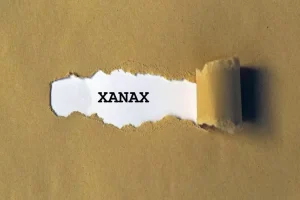
Making living amends can take on many different forms depending on the relationship to those affected by the wrongdoing. In most cases, the offender owes apologies to the people closest to them, like their friends, parents, and children. Relationships take the brunt of addiction, often leading living amends aa to a lack of trust, poor communication, and an inability to handle chronic stress. Recovery is about repairing those relationships and using healthier communication and coping strategies. Dave told us about his family recovery and how it ultimately impacted his sobriety.
- Over time, as you strengthen and deepen your recovery from addiction, you will undoubtedly revisit Steps 8 and 9 many times.
- The more personalized your lifestyle changes are, the more they’re going to resonate and stick with you.
- AA’s step work has been adjusted for use in other addiction recovery programs, such as sex addiction or drug addiction.
- These steps mean taking ownership of the past, apologizing for wherever you made mistakes and moving forward from those missteps.
- Alternately, you can choose to make living amends by actively choosing not to repeat past mistakes in your present world.
- My only goal right now is to acknowledge the harm I caused and do what I can to make amends, if that’s possible.
When and Why Do People Make Living Amends?
When a person has died, you can still make amends for your actions. Although, you’ll have to find a different way to do so and in a way that makes a lasting impact on you and the people you love who are still here. The 12-Step amends approach can be constructive for you and the other party.
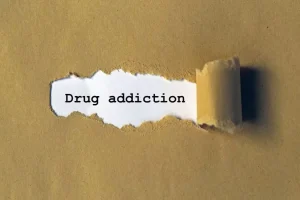
The Role of a Sponsor
They affirm your decision to make lifelong changes, which has a positive effect on both you and everyone around you. Generally speaking, people work through the Steps of Alcohol Anonymous with an addiction treatment counselor and/or sponsor. You can also turn to AA’s Big Book and Twelve Steps and Twelve Traditions (the 12 & 12) for guidance specific to Step 8. It’s important to note that making amends is for the person we hurt. Yes, we partake in the process to “clean up our side of the street,” but we do not make amends https://ecosoberhouse.com/ to clear our conscience or undo our feelings of guilt. If someone does not want to hear from us, we respect that and do our best to move forward with our recoveries.
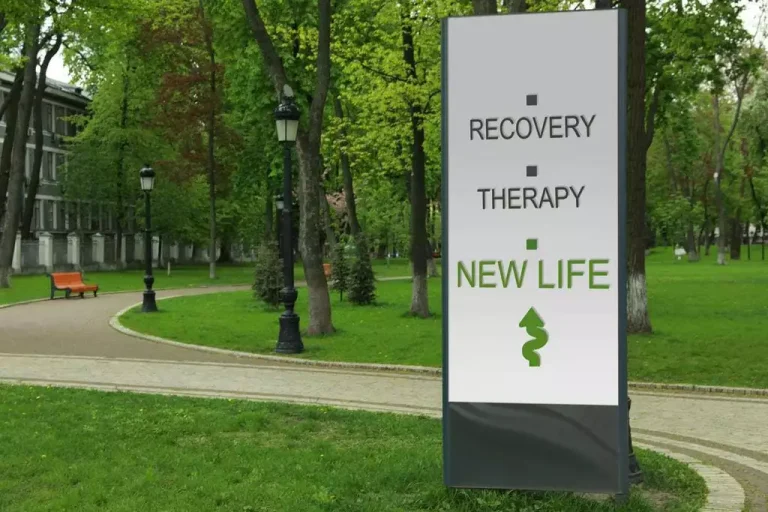
Tips to Repair Relationships
However, these promises are usually the result of deep feelings of shame, guilt, and regret and may not alcoholism treatment be genuine for some. Many times, these kinds of promises serve to alleviate the wrongdoer’s guilt and so that they can say they apologized before their loved one died. With these kinds of promises, there may not be enough genuine intention of changing their hurtful patterns and behaviors. One of the most common reasons people want to make living amends is to correct past wrongs. Living amends bridges the gap between living in shame and regret and finding forgiveness.
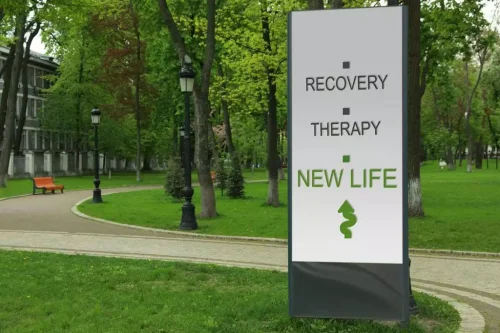
- Living amends, in this event, can include making changes to the behaviors contributing to the falling out between the survivor and the person they owed an apology to.
- At Recreate Life Counseling, we offer both inpatient and outpatient programs, with evidence-based addiction treatment designed to support every stage of the recovery process.
- The other person has every right to feel the way they do about a previous conflict.
- Any situation that risks your or another person’s physical safety is one to avoid.
- However, that doesn’t mean you’ve failed at your new, honest and sober lifestyle.
From the steps leading up to nine, recovering alcoholics begin to develop tools to handle stressful situations without liquor and believe in a Higher Power greater than themselves. Believing in a Higher Power provides those in recovery with a spiritual aspect that gives them strength and guidance to do the right thing even when it is hard and unlike anything they have done in the past. Engaging in the process of making amends serves several vital purposes in an individual’s recovery journey. Firstly, it allows the person in recovery to separate themselves from the disease of addiction, recognizing that their past actions were not a reflection of their actual values and character. Making amends with the people you’ve fallen out with as you’re thinking about mortality and what happens when you die is one way of finding emotional freedom and closure. But what happens when the person you need to make amends with dies before you’re able to apologize and change your ways?
Amends, and the rebuilding of relationships, are a critical part of ongoing recovery and returning to family life. Working Step 9 is challenging and you’ll likely need support and assistance as you work through it. At Eudaimonia Recovery Homes, we provide personalized recovery support with comfortable sober living Austin, Houston, and Colorado Springs.
Making living amends primarily benefits you and not the people you’ve wronged in the past. It’s about making positive changes within yourself so that you don’t repeat old patterns of behavior that led to your broken relationships in the first place. The changes that occur due to your efforts positively affect your commitment to becoming a better friend, child, parent, or person all around. Taking these actions helps us to separate ourselves from the disease of addiction.
However, some may be tempted to take this step too quickly with the primary goal of making themselves feel better fast, avoiding uncomfortable feelings that come up when examining negative behaviors. Direct, face-to-face amends are encouraged to facilitate genuine healing. For example, if you once stole from a coworker, you could apologize and offer repayment. This step seeks inner peace and rebirth through the act of making things right, but only when it won’t harm others in the process. We do not receive any commission or fee that is dependent upon which treatment provider a caller chooses. When Jason Wahler first joined the cast of Laguna Beach as a senior in high school, his mental health and addiction struggles were already underway.
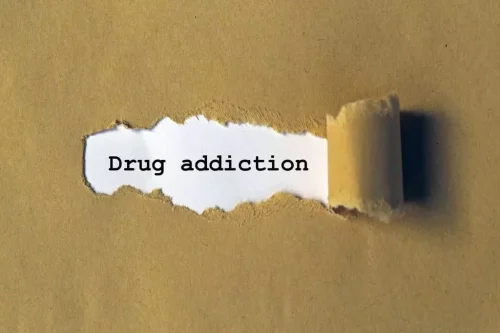
Living amends is a concept linked to addiction recovery and part of the twelve-step program for sober living. In simple terms, it means taking responsibility for the person you used to be and how you caused harm to the people in your life who care about you. Living amends is a certain type of amends you make in addiction recovery. Essentially, it means making a radical shift in the way you live and sticking to that.

